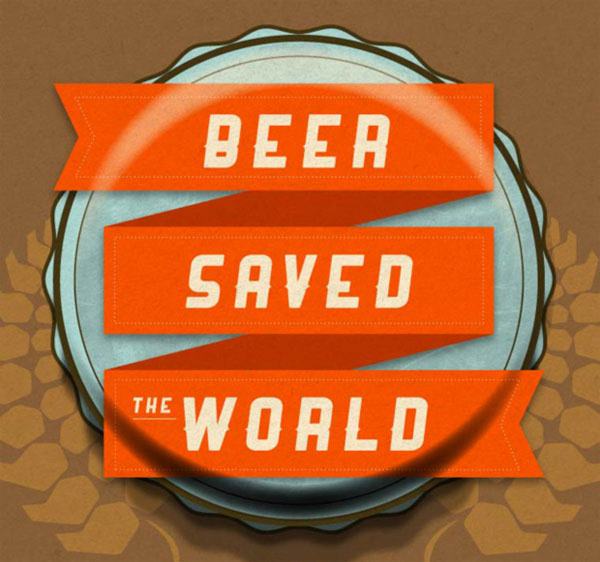As the Minnesota legislature contemplates a massive tax increase on brewers and distillers we may be reminded of a time in the 1920’s when state and federal governments decided to punish beer drinkers for the supposed good of everyone. The Prohibition era of the 20th century was not the first instance of this in American or Minnesota history. To find the true roots of this misguided movement we must travel back to Portland, Maine in the 1840’s. It was in this city that temperance and prohibition took their first breaths.
In 1827 Neal Dow became a founding member of the Maine Temperance Society. Most temperance advocates tried to convince people of the danger of drink but Dow believed that the only way to eliminate alcohol was by legislation. He used his influence to attempt prohibition in Maine several times before being elected mayor of Portland in April 1851. In that same year he succeeded in shepherding the first prohibition law in the nation through Maine’s legislature. With the “Maine” law in effect it would spread like a virus through the northern states. Minnesota would pass its own version of the Maine law in 1852.
Early prohibition would meet its nemesis in the German beer cultures of Milwaukee and St. Louis. German immigrants and their descendants viewed prohibition as an attack on the very lifeblood of their culture. Unlike the Northeastern Yankees, who drank heavier British style ales or rum, Germans preferred the lager beer of their homeland. Lager was considerably lighter and lower in alcohol than ale and many Germans enjoyed it in community beer gardens or other social events. As Midwesterners this should not be an altogether unfamiliar situation for most of us. In that culture beer was not viewed as an intoxicant but an everyday beverage to relax, enjoy, and be sociable.
The reaction in Milwaukee and St. Louis to prohibition should not have come as a great surprise to the temperance advocates in those states. The vehemence in the rejection of temperance came in the form of riots and mass protests at state capitols. A prohibition act did reach the Governor’s desk in Wisconsin in 1853 but was promptly vetoed. In St. Louis there was another idea entirely. There German-Americans would go to court to prove that lager beer was not an intoxicating beverage. In one story, a portly German man volunteered his time to sit in front of jurors and consume 22 beers to prove that he could not become drunk from beer.
While the Maine laws stalled in Wisconsin and Missouri they came under attack in the state where they were born. On June 2, 1855 Portland residents rioted after hearing a rumor the Neal Dow himself had sold alcohol for medicinal purposes to the state. When the rioter reached his steps he ordered the state militia to fire killing one and injuring several. This incident was repeated across other dry states. In 1856 Maine repealed Prohibition which led to repeal in several other states as crusaders focused on a different cause, abolition.
This first attempt at Prohibition taught American several lessons one being that denying people a popular product caused more problems than it solved. Minnesota would change its law because it had not counted on the reduced revenue from the lack of liquor and beer taxes. An unintended consequence of Maine laws was the popularity of lager beer. The publicity from the protests by German-Americans would lead many to try this new lager beer. Since then lager beer has become the most popular style of beer in America for more than 150 years. So go out and find a locally brewed lager or pilsner and salute our ancestors for holding off Prohibition for 80 years by teaching America how to drink beer again.


